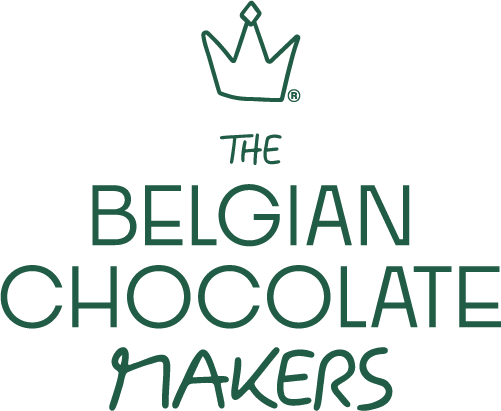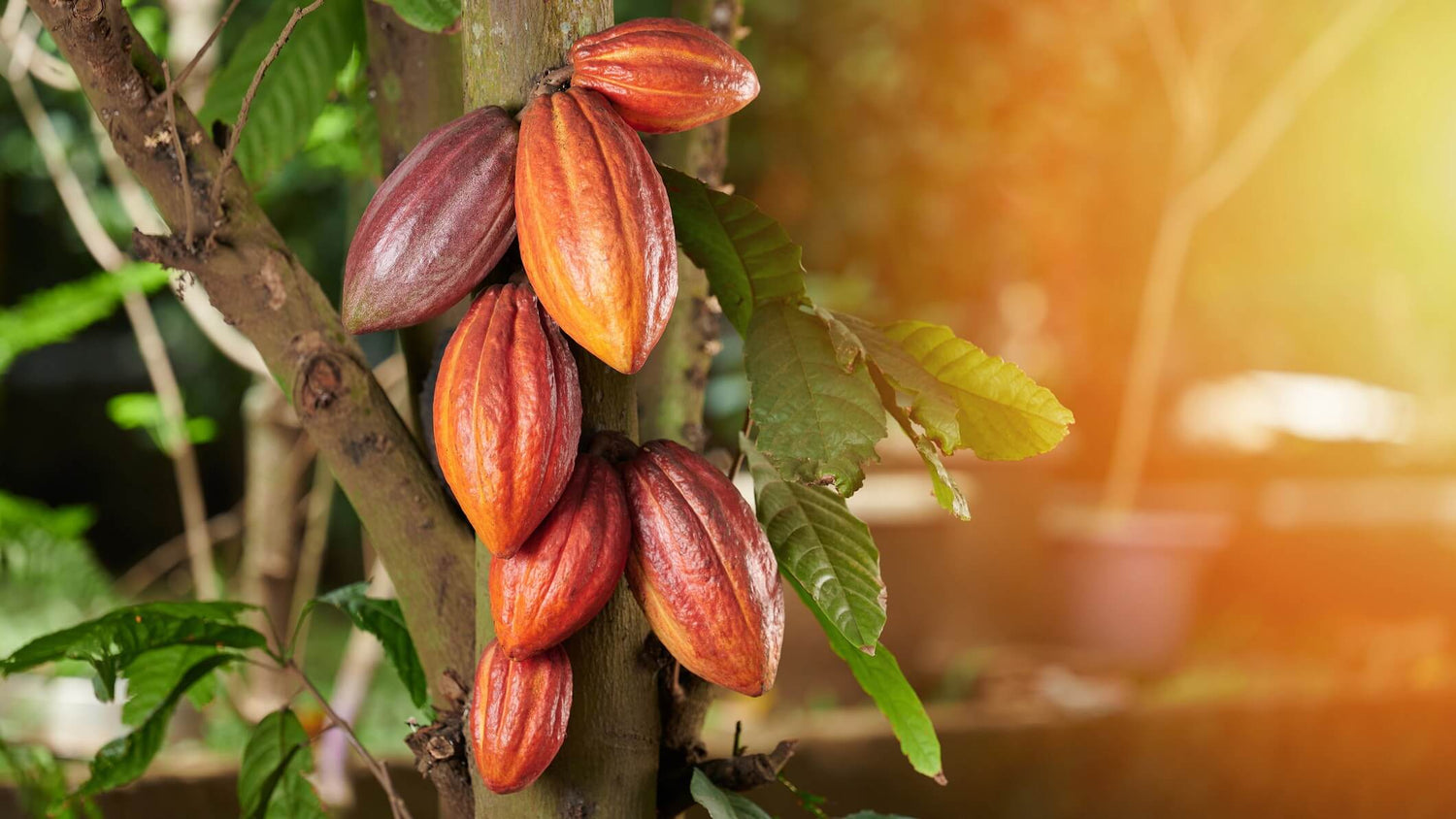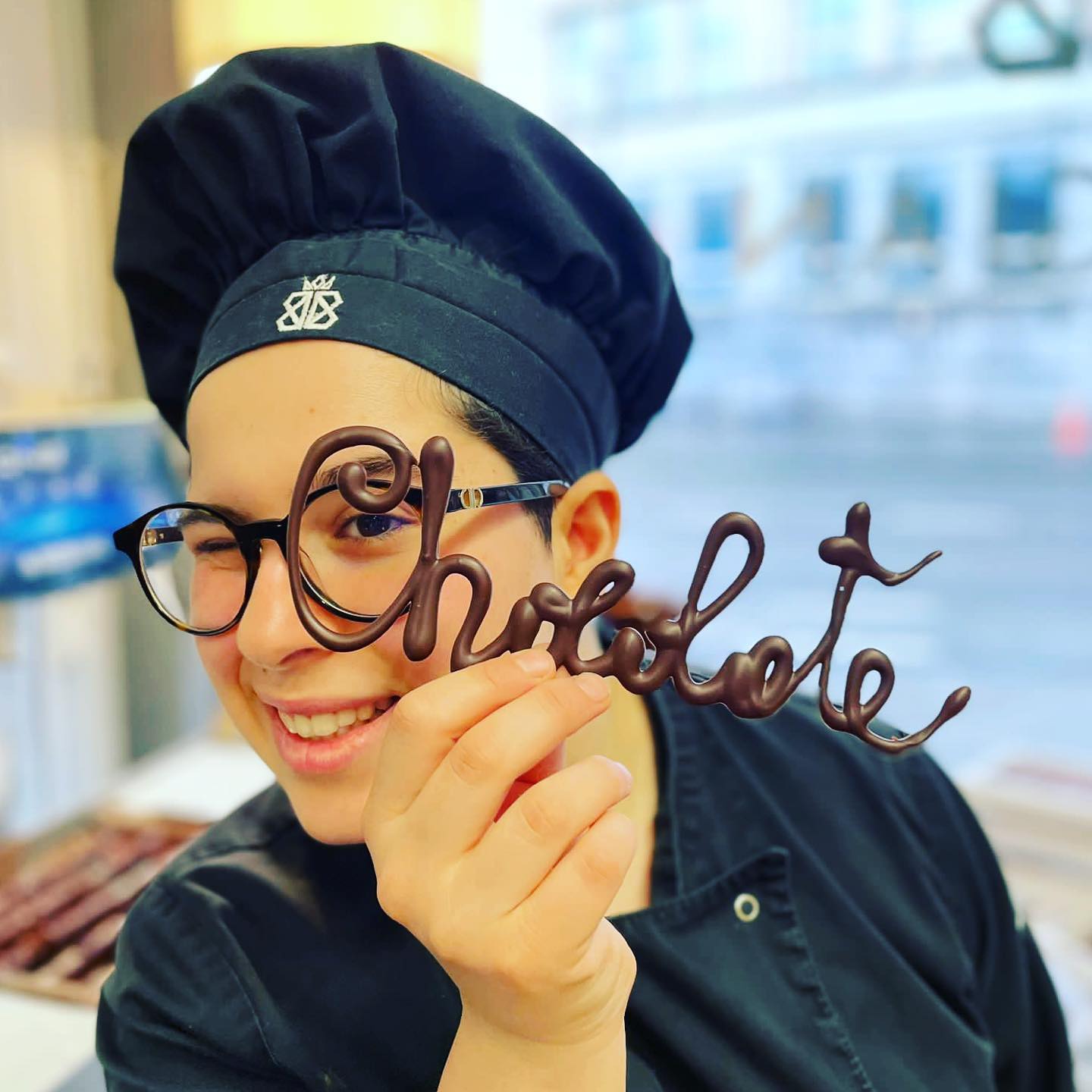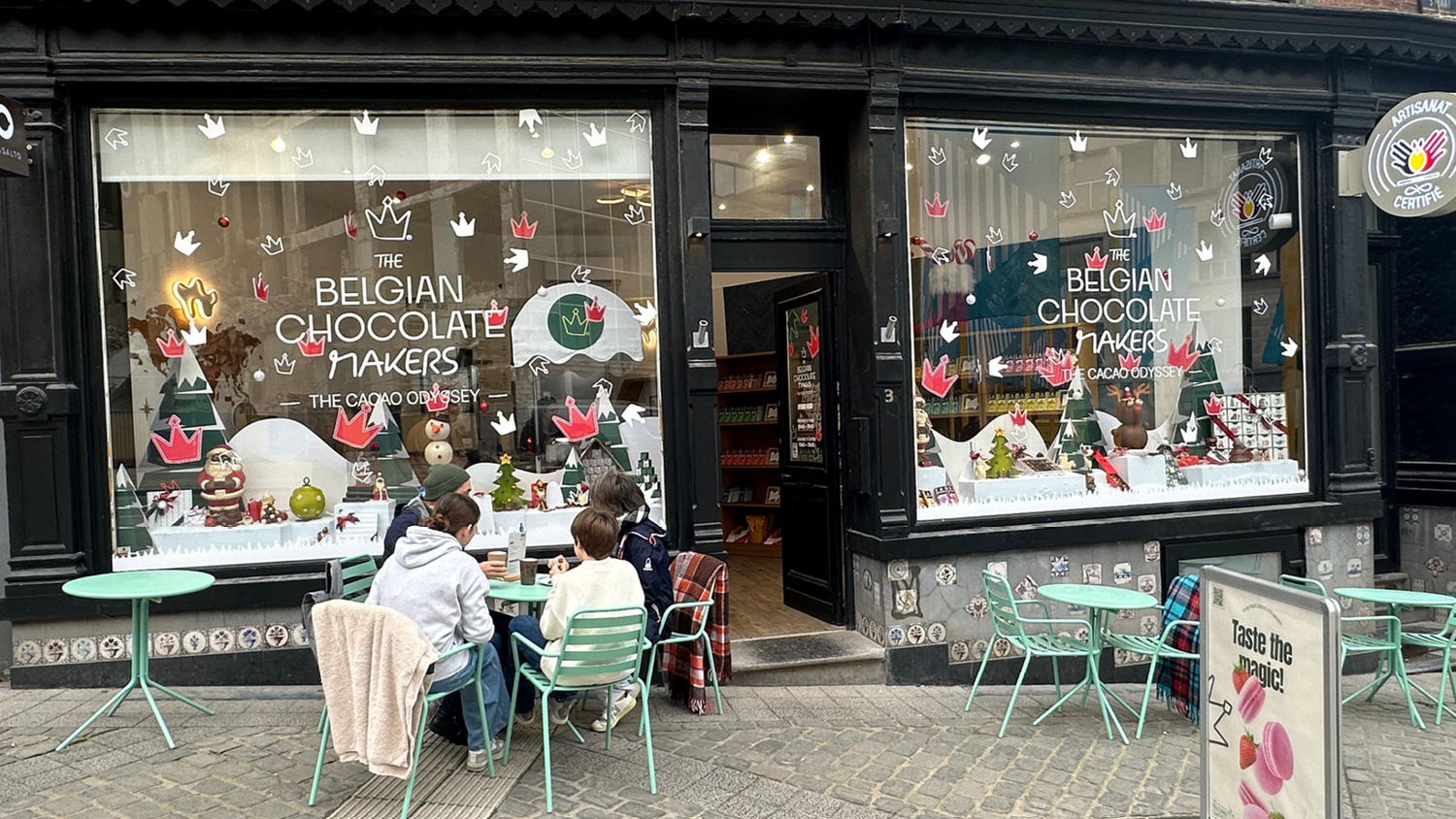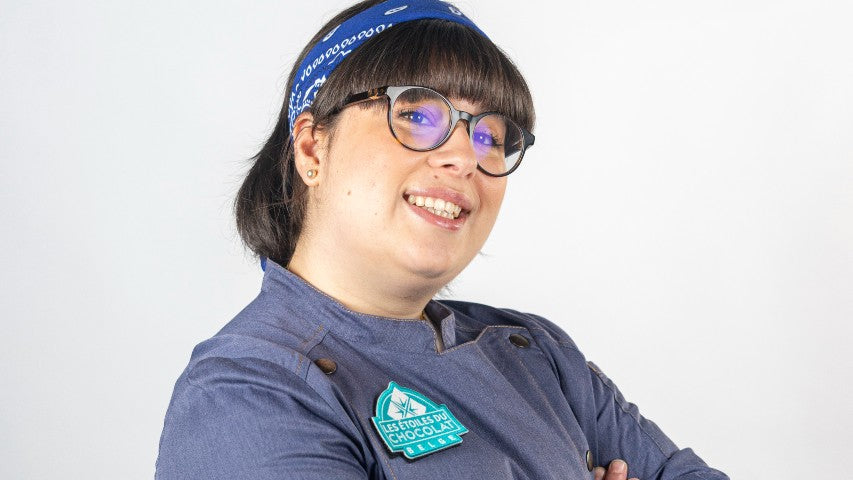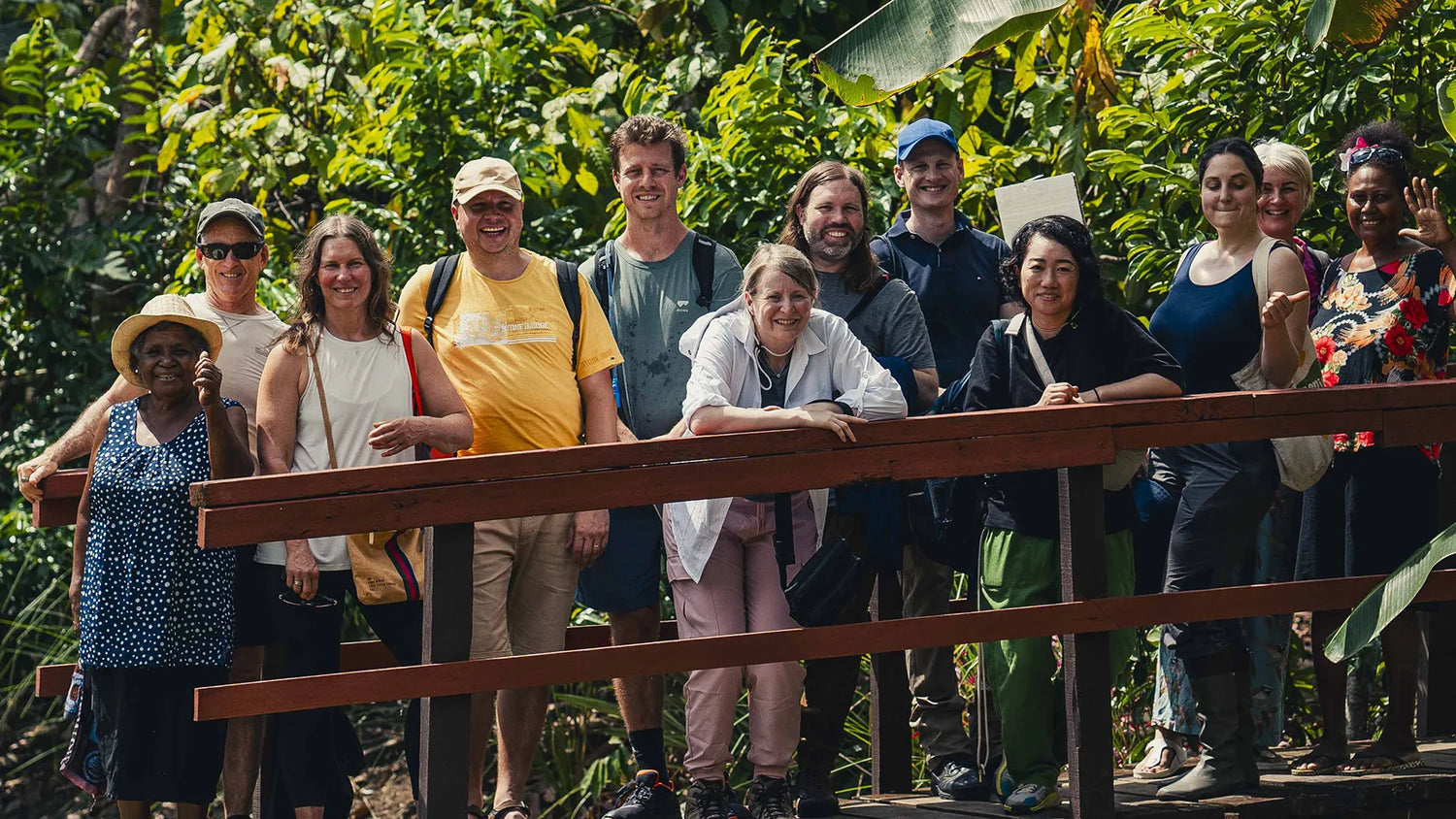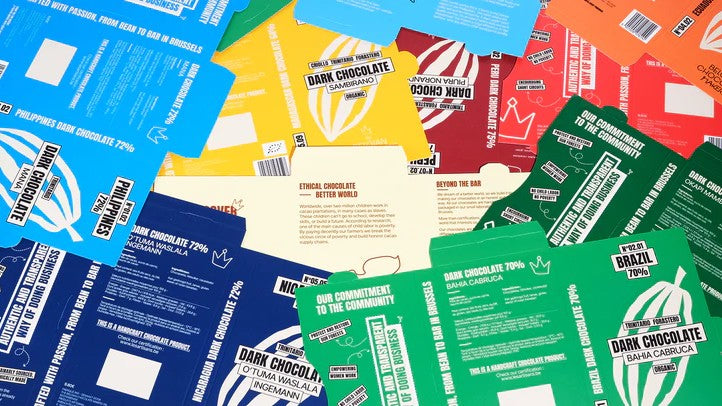DU SOL A LA SOLIDARITE
Chez
Nous sommes profondément engagés à soutenir l'écosystème plus large des agriculteurs, artisans et innovateurs qui, ensemble, façonnent un secteur plus fort et plus juste. Cet esprit d'unité, présent dans les coopératives agricoles, les mouvements d'artisans et les associations sectorielles actuelles, est plus important que jamais.
Une tradition de solidarité, là où tout a commencé
Dans toutes les régions productrices de cacao, les petits exploitants agricoles s'appuient depuis longtemps sur une structure puissante pour soutenir et pérenniser leurs moyens de subsistance : la coopérative.
Une coopérative de cacao est plus qu'une entreprise, c'est une organisation collective, détenue et gouvernée démocratiquement par ses membres agriculteurs. Les dirigeants sont élus au sein de la coopérative, ce qui garantit que les décisions sont fondées sur les voix, les besoins et les aspirations de la communauté elle-même. De cette manière, le modèle coopératif garantit l'équité, amplifie la résilience des agriculteurs et crée des opportunités qui s'étendent bien au-delà des exploitations individuelles

Chaque jour, les petits exploitants agricoles transportent leurs
Au sein de la coopérative, la valeur est créée de plusieurs façons :
-
La fermentation et le séchage, réalisés avec soin pour libérer le véritable potentiel gustatif des
fève s. -
Les outils, la formation et l'infrastructure, donnant aux agriculteurs les moyens de développer des entreprises plus solides.
-
Accès au marché, reliant les communautés locales aux acheteurs à proximité et à travers le monde.
-
Biodiversité et tradition, sauvegardées grâce aux pratiques agroforestières et aux connaissances transmises de génération en génération.
Cet esprit de solidarité ne s'arrête pas à l'origine. En Europe, les chocolatiers artisanaux comme nous font écho à ces mêmes valeurs , reconnaissant que la collaboration est la clé de l'ouverture des marchés, de la protection de l'intégrité, de l'amélioration de la qualité et de la conduite d'un changement durable et positif.
LE MOUVEMENT FRANCAIS : OU LA TRADITION RENCONTRE L'UNITE, ET L'ARTISANAT DEVIENT MONDIAL
Le mouvement moderne du chocolat artisanal : enraciné dans la solidarité
Le mouvement moderne du chocolat artisanal s'appuie sur une riche tradition de solidarité, des communautés unies par des valeurs communes : préserver le savoir artisanal, encourager la fierté de l'artisanat et se soutenir mutuellement.
Un chapitre déterminant de cette histoire s'est déroulé en France , une nation dotée d'un profond patrimoine culinaire et d'un lien historique unique avec le chocolat. Depuis l'époque de Napoléon, où le chocolat était considéré comme un produit médicinal autorisé uniquement par décret royal, jusqu'au début du XXe siècle, il est resté un mets rare et précieux.
Dans les années 1970 et 1980, les artisans français ont mis en place une réponse culturelle à la montée en puissance des marques internationales de chocolat. Ils réclamèrent le chocolat comme un artisanat digne de distinction . Les petites boulangeries et pâtisseries familiales ont commencé à former des réseaux informels pour partager leurs techniques et célébrer le chocolat comme étant plus qu'un simple ingrédient, reconnaissant le chocolatier comme un artiste.
Grâce à des fabricants pionniers tels que Bonnat, Maison Bernachon, Manufacture Cluizel, et Pralus Maître Chocolatier , les

L' Académie Française du Chocolat et de la Confiserie s'est imposée comme autorité morale et gardienne de l'artisanat, préservant les traditions tout en guidant l'évolution. En promouvant l'éthique professionnelle, en améliorant les compétences techniques et en encourageant l'excellence, l'Académie a contribué à faire du chocolat un véritable art culinaire .
Ce mouvement français a remodelé le chocolat au niveau local et a jeté les bases de la renaissance mondiale du chocolat artisanal , un parcours qui rappelle l'évolution du café de spécialité. S'inspirant d'organisations telles que la Specialty Coffee Association, la communauté du chocolat artisanal forge aujourd'hui des collaborations internationales, établit des normes communes et cultive des consommateurs mieux informés et plus engagés.
Un milestone moment pour la jeune industrie du chocolat artisanal s'est produit le 25 septembre 2023 , avec le lancement du tout premier Guide pour l'évaluation de la qualité et de la saveur du cacao, un cadre mondial qui fournit une approche structurée pour évaluer le cacao à travers l'arôme, la saveur et les pratiques post-récolte.
À titre d'exemple, le mouvement du café de spécialité, né dans les années 1970, a publié sa deuxième mise à jour du Coffee Sensory and Cupping Handbook près de 30 ans après la première édition. En revanche, le chocolat artisanal, bien qu'il en soit encore à ses débuts, progresse avec une rapidité, une collaboration et une clarté d'objectif remarquables .
Tous ces efforts ont conduit à l'émergence d'associationsnationales
